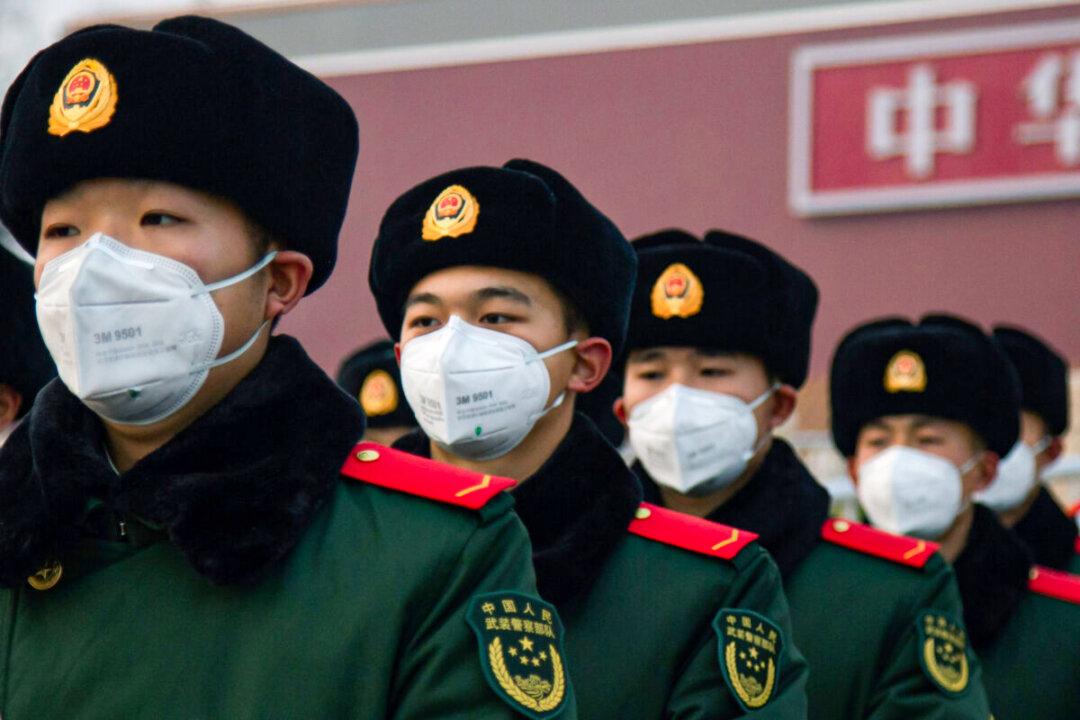The head of Australia’s foreign spy agency has hinted that disgruntled officials in non-democratic societies, such as China, are more likely to betray their governments and leak information as the regimes tighten their control.
Paul Symon, director-general of the Australian Security Intelligence Service (ASIS)—the country’s equivalent to the U.S. Central Intelligence Agency—revealed that the organisation benefited when authoritarian regimes are suppressing dissent within their borders.





